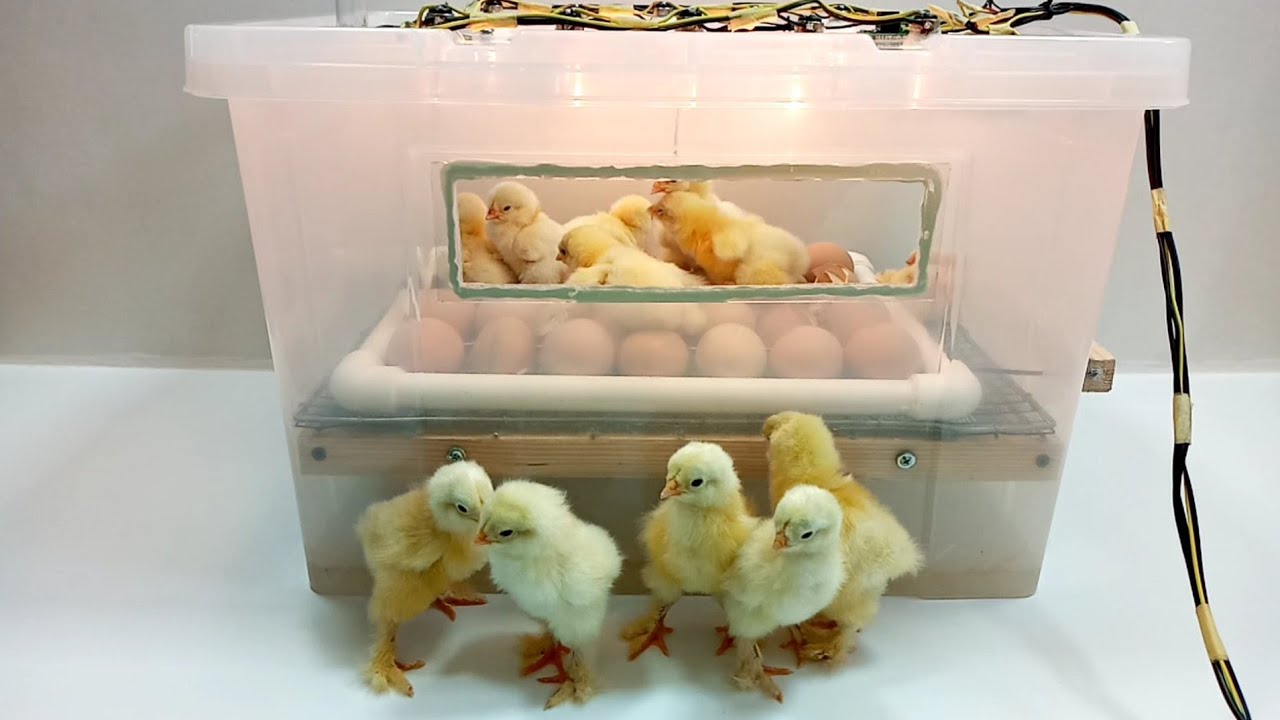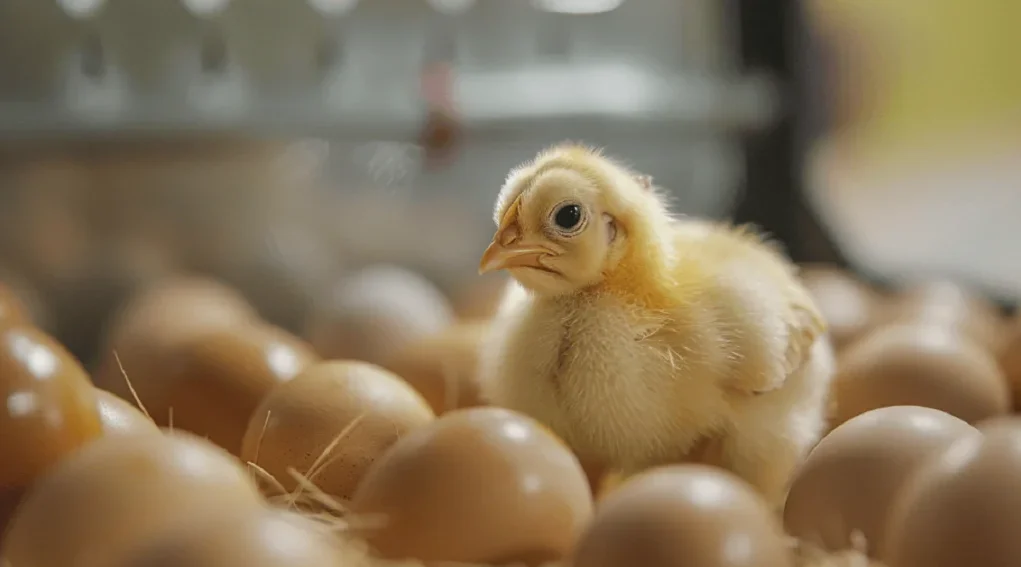As the world moves towards sustainable solutions, the concept of a solar powered chicken incubator is gaining popularity among poultry enthusiasts and farmers. Harnessing the power of the sun, these incubators offer an eco-friendly alternative to traditional electric incubators, making them an ideal choice for those looking to reduce their carbon footprint.
A solar powered chicken incubator uses solar panels to convert sunlight into energy. This energy is then used to regulate the temperature and humidity inside the incubator, ensuring optimal conditions for egg incubation. By utilizing solar energy, these incubators operate independently of the electrical grid, providing a reliable solution even in remote areas with limited access to electricity.

Benefits of a Solar Powered Chicken Incubator
Environmental Impact
One of the most significant advantages of a solar powered chicken incubator is its minimal environmental impact. By using renewable solar energy, these incubators reduce the reliance on fossil fuels, helping to combat climate change. Additionally, they produce no greenhouse gas emissions, making them an eco-friendly choice for sustainable agriculture.
Cost Efficiency
While the initial investment in a solar powered system may seem high, the long-term savings are substantial. Once installed, the incubator operates with minimal ongoing costs, as it utilizes free solar energy. This cost efficiency makes it an attractive option for both small-scale hobbyists and large-scale poultry farms.
Reliability in Remote Areas
For farmers in remote areas with limited access to electricity, a solar powered chicken incubator provides a reliable solution. By relying on solar energy, these incubators continue to function even during power outages, ensuring the successful hatching of eggs.
How Does a Solar Powered Chicken Incubator Work?
The operation of a solar powered chicken incubator is relatively straightforward. Solar panels installed on or near the incubator capture sunlight and convert it into electricity. This electricity powers the incubator’s heating and cooling systems, maintaining the optimal temperature and humidity levels required for egg incubation.
To learn more about how chicken incubators work, check out this comprehensive guide.
Components of a Solar Powered Chicken Incubator
- Solar Panels: These panels capture sunlight and convert it into electricity.
- Battery Storage: Excess energy generated during the day is stored in batteries for use during nighttime or cloudy days.
- Temperature and Humidity Sensors: These sensors monitor and regulate the environmental conditions inside the incubator.
- Control Unit: The control unit manages the incubator’s functions, ensuring a stable environment for the eggs.
Choosing the Right Solar Powered Chicken Incubator
Size and Capacity
When selecting a solar powered chicken incubator, consider the size and capacity based on your specific needs. Incubators come in various sizes, accommodating different numbers of eggs. Whether you’re a hobbyist or a commercial farmer, there’s an incubator to suit your requirements.
Quality and Durability
Investing in a high-quality incubator ensures durability and reliability. Look for models constructed with sturdy materials designed to withstand the elements, particularly if the incubator will be used in outdoor environments.
Features and Technology
Modern solar powered chicken incubators come equipped with advanced features such as digital displays, automatic egg turning, and programmable settings. These features enhance the incubation process, increasing the chances of successful hatching.
Maintaining Your Solar Powered Chicken Incubator
Regular Cleaning
Keeping your incubator clean is essential for the health of the eggs. Regularly wipe down the interior surfaces and components with a mild disinfectant to prevent the growth of bacteria.
For more tips on maintaining incubator hygiene, visit this guide.
Monitoring Performance
Regularly check the performance of the solar panels and battery storage. Ensure that the panels are clean and free from obstructions, and replace batteries as needed to maintain optimal functionality.

Frequently Asked Questions
How long does it take for eggs to hatch in a solar powered incubator?
Eggs typically take 21 days to hatch in a solar powered chicken incubator, similar to traditional incubators. However, maintaining consistent temperature and humidity levels is crucial for the successful hatching of eggs.
Can a solar powered incubator be used in all climates?
Yes, a solar powered chicken incubator can be used in various climates. However, in regions with limited sunlight, it may be necessary to supplement the solar system with additional power sources to ensure continuous operation.
What are the benefits of using a solar powered incubator over a traditional one?
A solar powered chicken incubator offers several benefits, including reduced energy costs, minimal environmental impact, and reliability in remote areas. By utilizing renewable energy, these incubators provide a sustainable solution for poultry farmers.
For more information on hatching eggs, check out this detailed guide.
This article contains affiliate links. We may earn a commission at no extra cost to you.










